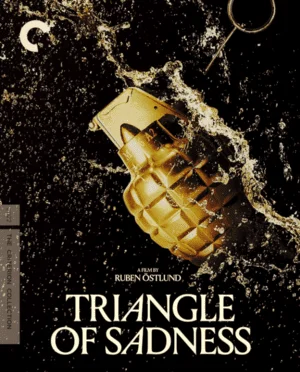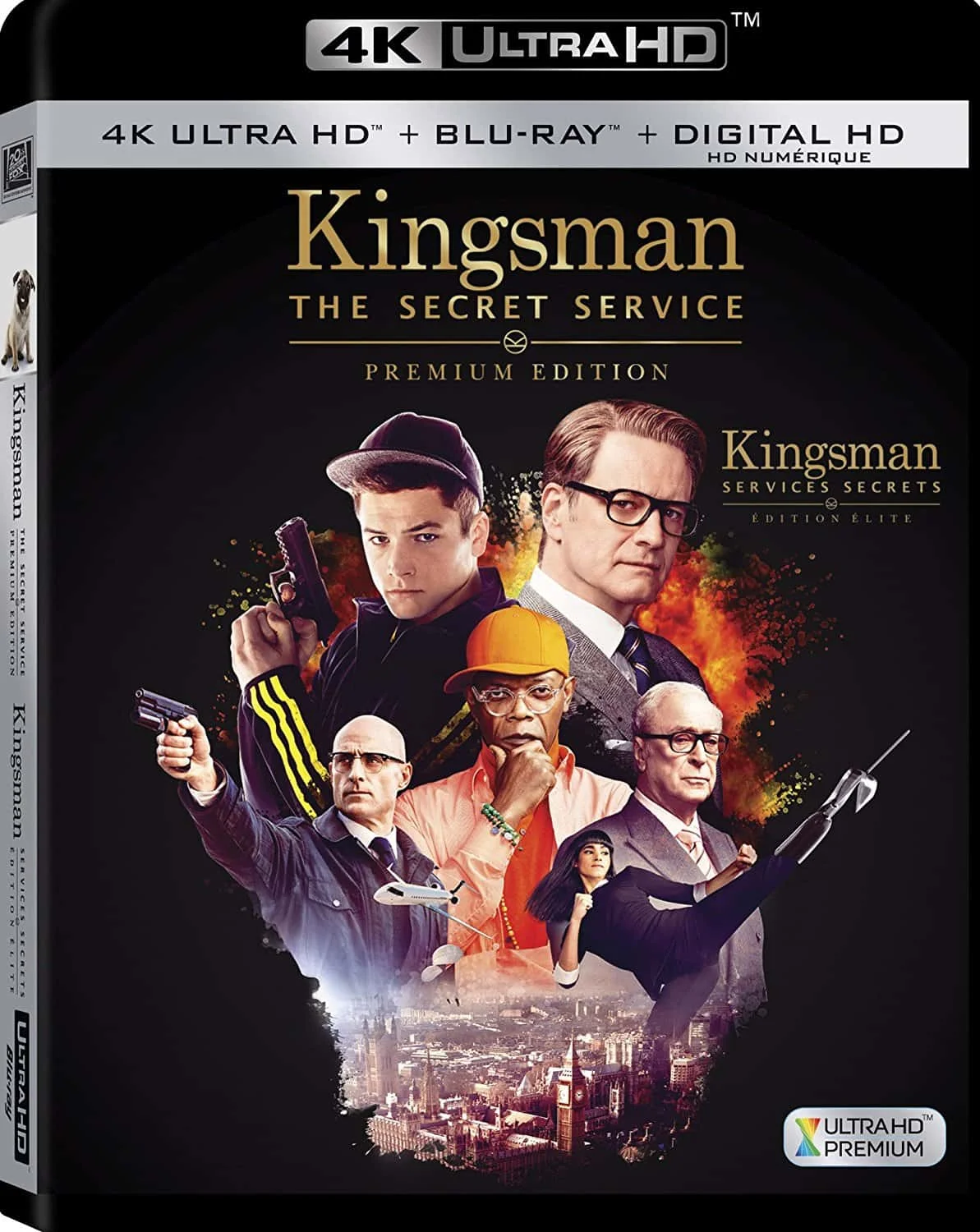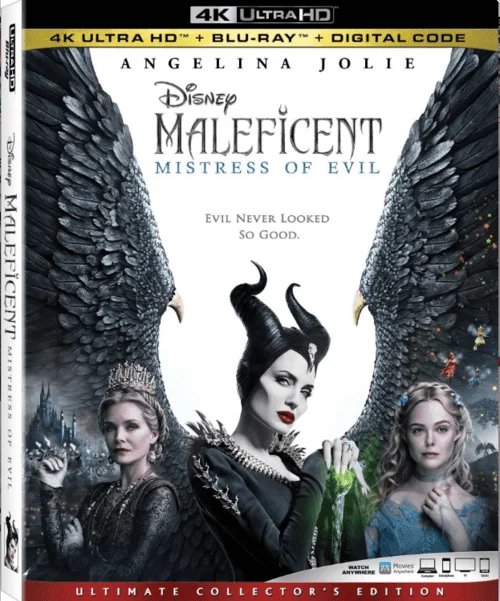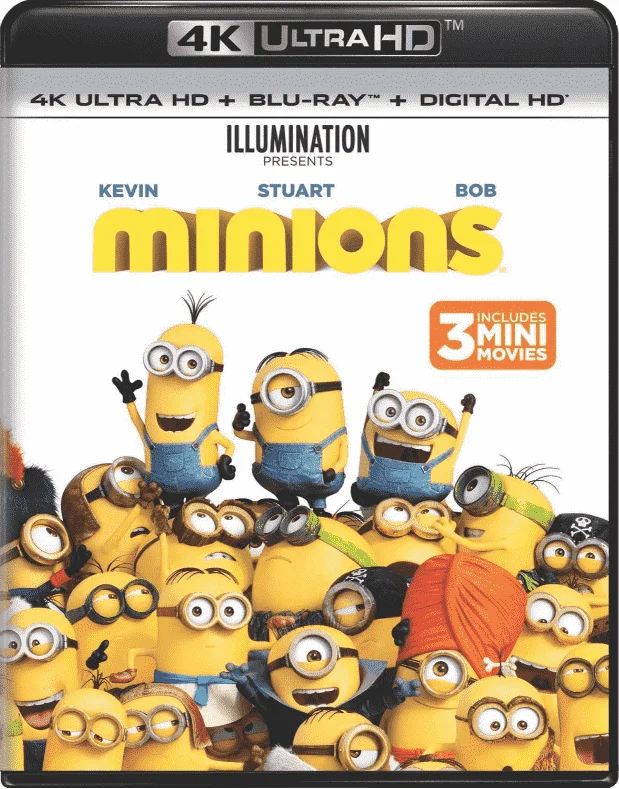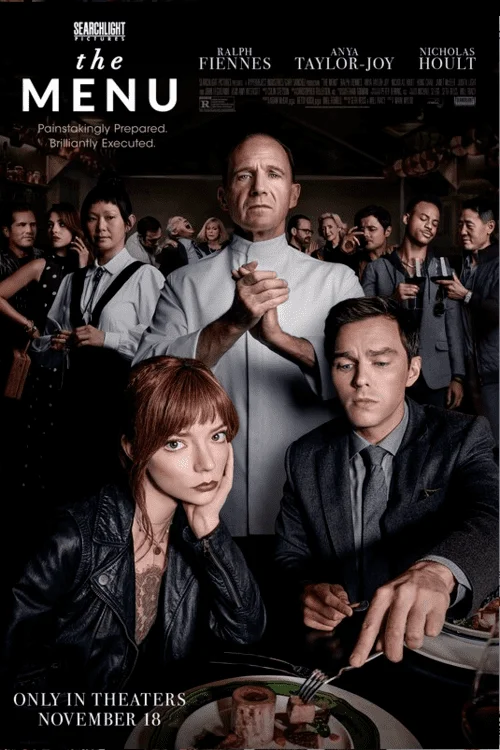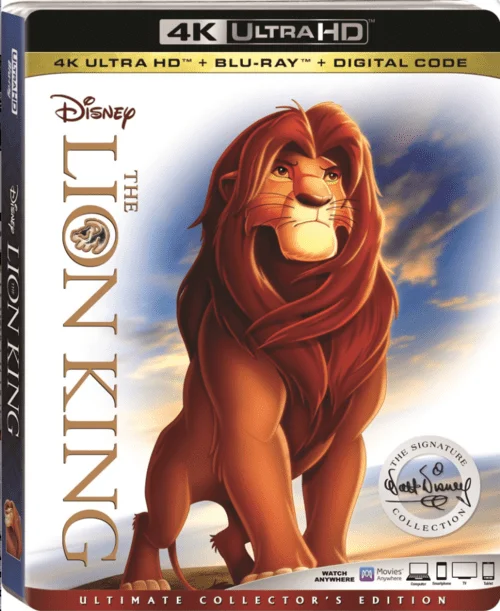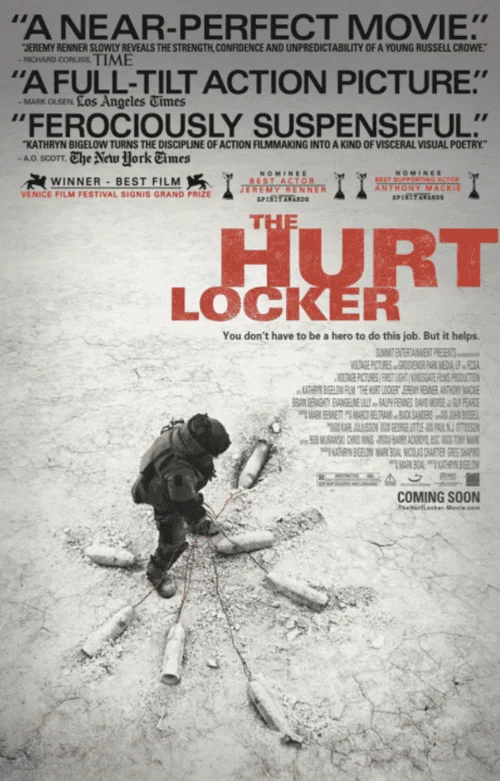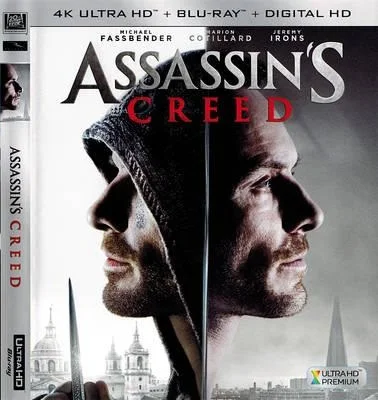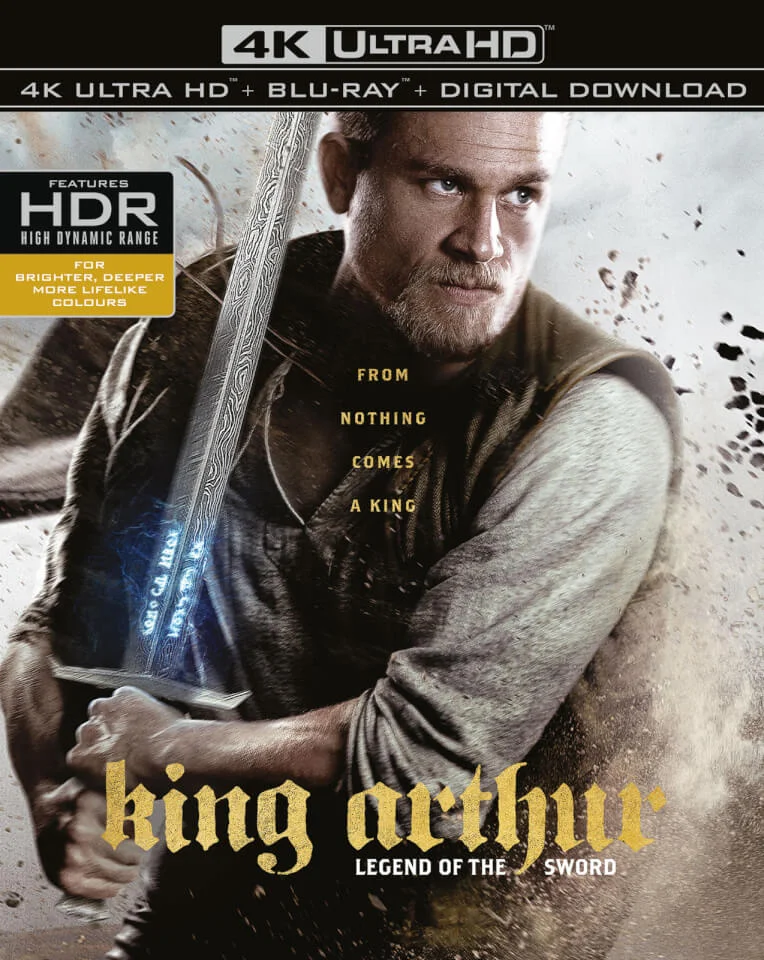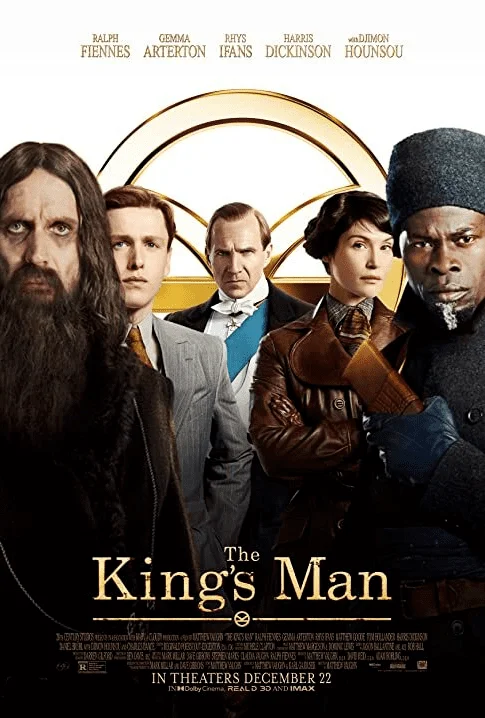
The King's Man 4K 2021 Ultra HD 2160p
Cast: Ralph Fiennes, Gemma Arterton, Rhys Ifans, Harris Dickinson, Djimon Hounsou, Shaun McKee, Peter York, Matthew Goode, Charles Dance, Alexandra Maria Lara, Alexander Shaw, Bevan Viljoen, Shaun Scott, Andrew Bridgmont, Valerie Pachner, Daniel Brühl, Joel Basman, Todd Boyce.

Kingsman is an organization of super spies that works for the benefit of humanity away from prying eyes. And one of the organization's first and most talented operatives is Conrad (Harris Dickinson), the young and brash son of the Duke of Oxford (Ralph Fiennes). Like many of his friends, he dreamed of serving for the good of England, but in the end he became embroiled in the secret world of spies and assassins.
The King's Man 4K Review
During the Boer War, Orlando Oxford (Ralph Fiennes) loses his wife, with whom he, as a member of the Red Cross, came to check the conditions of prisoners in a British camp. Dying, she asks her husband to protect her son from the horrors of war, and he decides to keep his promise at all costs. So when World War I breaks out, Orlando won't let young Conrad (Harris Dickinson) join the army, despite the boy's objections. Soon, however, they will still have to enter into a world conflict: they learn that the war is invisibly controlled by some evil organization that seeks to destroy Great Britain. It includes Gavrilo Princip, Erik Jan Hanussen, Mata Hari and Grigory Rasputin (Rhys Ifans), and some mysterious Scot pulls the strings, strenuously hiding his face.
I want to respect the Kingsman franchise, if only for the fact that it develops over and over again in completely different ways that are expected of it. The Golden Ring turned an ironic spy thriller into an absurd cringe comedy - which seems to have angered many fans of the first part (we will focus on the fact that this is one of the best sequels of the 21st century). So "The Beginning" is not just "Kingsman of the First World War", as one might think from the trailers with the dashingly dancing Rasputin. More like an old-fashioned adventure novel: much more down to earth and melodramatic than its predecessors.
However, he did not lose his trademark insane sparkle. It's just that now the humor is on the edge and wild, amazingly choreographed action scenes – with Rasputin performing ballet steps in the middle of a fight, or a German soldier with a blade instead of a hand – are side by side with absolutely serious military drama. A poignant story of a man who closed himself off from the terrible world around him and tried to remain neutral at a time when everyone around him most needed help. The film balances between sardonic and tragic and, unfortunately, does not always accurately maintain this complex line.
Director Matthew Vaughn does not seem to understand what to do with the historical context that weighs heavily on the film. On the one hand, he wants to keep a sarcastic grin, to show history through an ironic revisionist optics: hence the villainous organization, consisting exclusively of real historical figures, and the funny decision that all three European rulers - Tsar Nicholas, King George and Kaiser Wilhelm - played by the same actor Tom Hollander (because in life they were cousins). Some scenes even make one wonder how patriotic activists have not yet turned their attention to the picture.
But at the same time, it is clear that Vaughn treats the events of the First World War with great reverence - a feeling from which the past "Kingsmen" certainly did not suffer. Heroes, even at the moment of triumph, do not forget to remind that the war was won by the efforts of millions of dead soldiers. News reports are constantly quoted here and are often diverted to a brief explanation of the state of affairs at the front. Scenes from the front line are devoid of any (well, almost any) crazy expression: finding himself in the trenches of the British army, the film resembles 1917, and not an ironic spy thriller.
Perhaps these genre transitions would not be so striking if the timing were a little longer. Despite being only 10 minutes short of The Golden Circle and a minute longer than the first movie, Inception feels like the most hectic installment in the franchise. The film needs too much to do: to outline the historical context, to introduce the characters into the center of real events, to reveal the Oxford family drama and still leave time for action. 131 minutes of the picture is clearly not enough: it jumps from episode to episode as if about half an hour was cut out of it. Aaron Taylor-Johnson, for example, appears only for a couple of scenes, but in the finale, for some reason, he turns out to be one of the founders of Kingsman. Like he had a separate storyline left on the pasteboard. It is not clear who is to blame for this: Vaughn himself or the Disney studio, which got the film along with the purchase of Fox, and whether the film has any mysterious Director's Cut, but I would definitely like to see an extended version of it. Ambitions here are much more than can be accommodated in such timing.
Inconsistency is the main problem with King's Man. But, oddly enough, it is what makes the film so intriguing. In a world where all blockbusters are made according to established schemes and exclusively with the approval of focus groups, it's nice to see a movie that constantly leaves you wondering where it will turn next moment - and almost always disappoints expectations (this does not apply to the final twist, it is quite boring). Matthew Vaughn arranges for the viewer a kind of dramatic attraction, where tonality and rhythm live their own lives: you have just watched an absurd movie comic, and you are already watching the hero of Ralph Fiennes drinking himself from grief. After all, King's Man, even at its worst moments, looks like a film made by a living person, and not by an advanced algorithm - which is no longer the case with most modern blockbusters. And this person, even if he makes a mistake, is always looking for new ways to make the viewer "cool", do something like that and charge every scene with wild energy. Because even the unsuccessful "Kingsman" is still better than a dozen blockbusters with Ryan Reynolds or The Rock.
File size: 31.1 GB
Trailer The King's Man 4K 2021 Ultra HD 2160p
Latest added movies
Comments on the movie
Add a comment
 like
like do not like
do not like